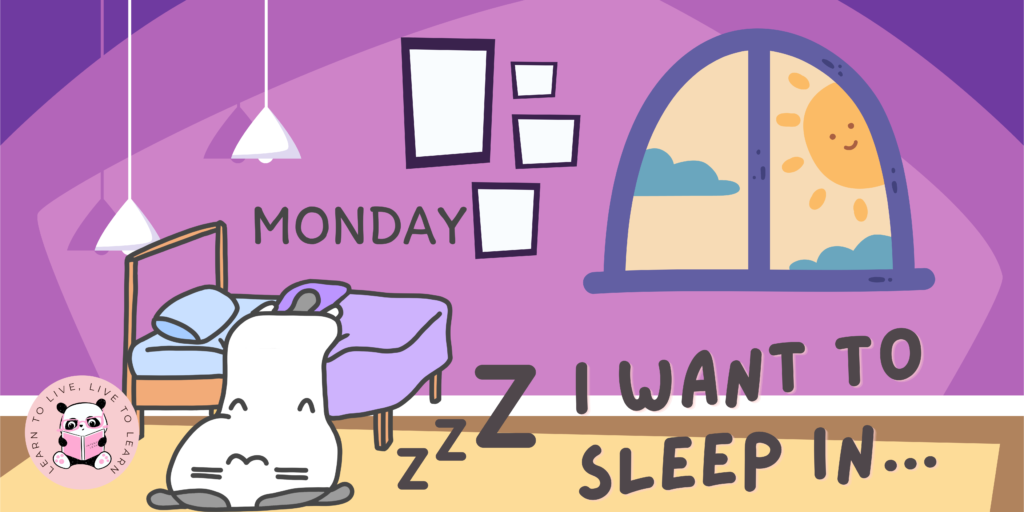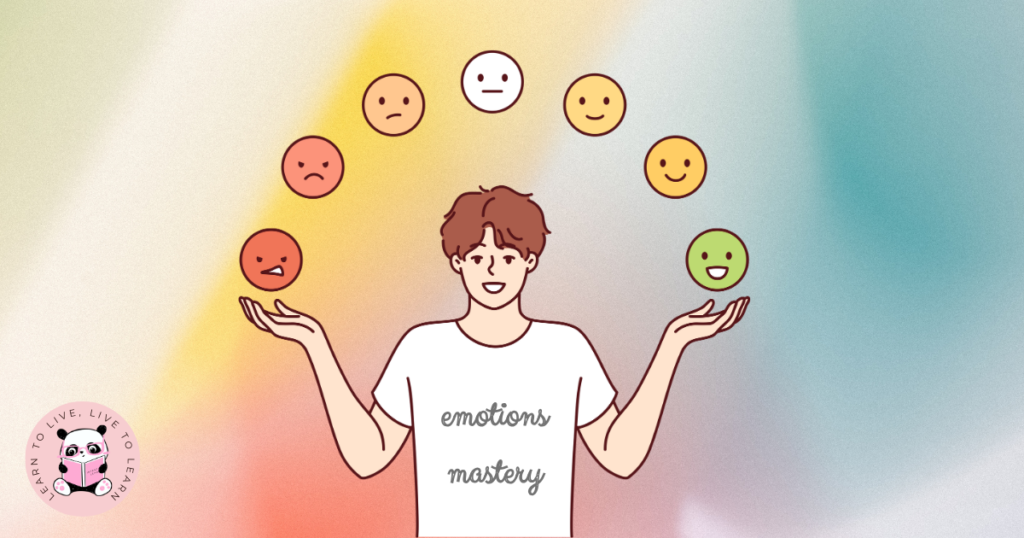Why We Are Lazy And Give Up Easily
Written by Michelle Ong | August 4, 2024 | Growth, Productivity, Habits, Opinion

Discover the three reasons why people are lazy and tend to give up easily.
Motivation is influenced by various factors like biology, psychology, and our environment. Let’s delve into three underlying factors that explain why some people struggle with laziness and giving up easily, while others stay motivated and persistent.
1. Our Biological Wiring
“Laziness is nothing more than the habit of resting before you get tired.”
Jules Renard
Biological factors play a significant role in how motivated or lazy we feel, largely due to how our bodies respond to chemicals like dopamine. Imagine you keep delaying starting your workout routine while your friend stays committed. This difference comes down to how our brains work.
Dopamine affects our pleasure and reward systems. When faced with exercise, your brain might release dopamine when you avoid discomfort, leading to procrastination. Conversely, your friend’s brain might produce more serotonin and adrenaline, making them eager to tackle challenges.
Cortisol, the stress hormone, also plays a part. Those who manage stress well use its energy to keep going, while others might feel overwhelmed. So, our brain chemistry and stress management skills influence whether we’re lazy or disciplined.
The traditional carrot-and-stick approach can make us focus too much on the reward rather than the activity itself. Instead, learning to enjoy the activity for its own sake boosts motivation and keeps us engaged. This means finding pleasure in the effort, which spikes dopamine and reinforces positive behavior.
By rewiring our thinking and reminding ourselves during intense moments that we’re doing something because we choose to and love it, we can tap into this natural reward system. Understanding that the pursuit itself is the reward helps us stay motivated and avoid giving up.
2. Our Mindsets & Beliefs
“Strength doesn’t come from what you can do. It comes from overcoming the things you once thought you couldn’t.”
Rikki Rogers
Psychologically, our mindsets and beliefs shape our motivation, determining whether we see challenges as opportunities or threats, which affects why some people are prone to laziness and giving up easily.
Individuals with low self-esteem or fear of failure may lack the confidence and resilience to persevere through challenges. Those without a clear sense of purpose or intrinsic motivation might struggle to find the drive to tackle difficult tasks. Cognitive biases like confirmation bias or negative self-talk can further undermine belief in one’s ability to succeed, leading to a defeatist mindset.
In contrast, individuals with a disciplined mindset and intrinsic motivation are better equipped to overcome psychological barriers. Driven by passion, purpose, or deeply held values, they find powerful sources of motivation to persist in the face of adversity.
By cultivating a resilient mindset and focusing on long-term rewards, these individuals break free from inertia and chart a path toward growth and achievement in daily life.
3. Our Environment
“Don’t watch the clock; do what it does. Keep going.”
Sam Levenson
Environmental factors, such as upbringing and surroundings, play a significant role in shaping whether individuals tend to be lazy or give up easily.
A lack of structure or support at home or in educational settings can lead to aimlessness and demotivation. Growing up in an environment where success is not emphasized or celebrated can contribute to low self-esteem and a defeatist attitude toward challenges.
Constant exposure to distractions like social media, video games, or television can hinder focus and productivity, making it easier to succumb to laziness. A culture of instant gratification, where quick fixes are favored over hard work, can reinforce the habit of giving up when faced with obstacles.
These influences create barriers to developing resilience and grit, making it more challenging to overcome setbacks and persist in daily life.
Break Free From Laziness
“The difference between a stumbling block and a stepping stone is how high you raise your foot.”
Benny Lewi
Understanding the biological, psychological, and environmental factors helps us unravel the mystery of motivation and cultivate it for ourselves. While laziness may offer temporary relief, its long-term consequences can hinder progress and limit achievements.
On the other hand, exerting effort fosters resilience, self-discipline, and a sense of purpose and satisfaction. Learn how to overcome laziness in this article.
We all face moments of laziness, whether it’s procrastinating on household chores or avoiding big tasks like starting a new business. But by confronting these tendencies and embracing hard work, we can break free from complacency and embark on a journey of growth and fulfillment.
If you found value from this article, please pin & share this post with your family and friends, and follow me on Pinterest for more daily inspiration.


